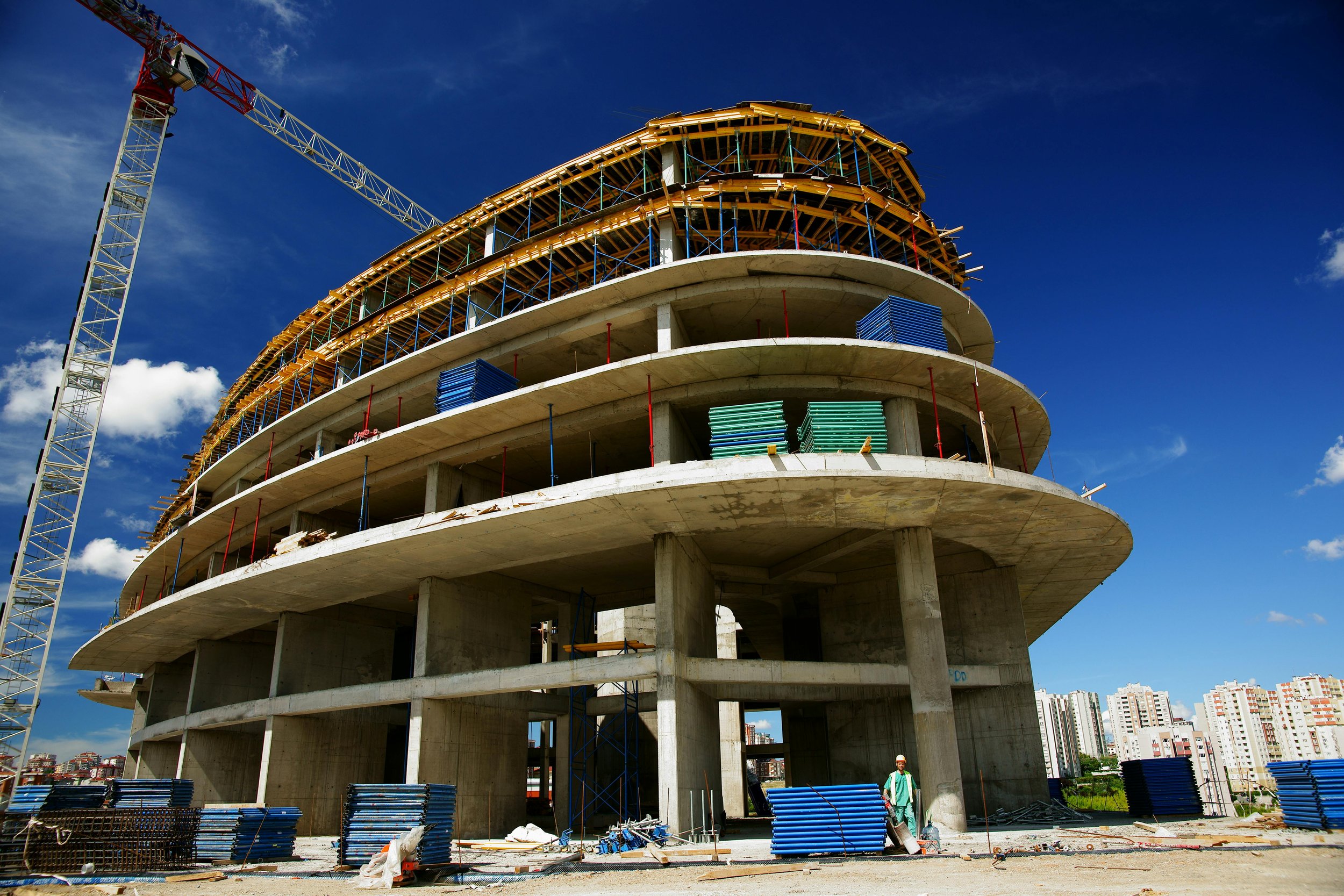10 Building Construction Essentials: Items You Can't Do Without
Building construction is a complex process that requires careful planning, skilled labor, and, most importantly, the right tools and materials. From the foundation to the finishing touches, every stage of construction demands specific essentials to ensure a successful and sturdy outcome. Let's look at some of the essential items that builders can't do without when constructing any structure.
1. Safety Gear
Safety should always be the top priority on any construction site. Essential safety gear includes hard hats, steel-toed boots, gloves, safety glasses, and high-visibility clothing. In addition, a lifeline system may be crucial for workers at heights, preventing falls and minimizing injury risks. Along with harnesses and anchor points, this system can play a key role in keeping workers safe. Essentially, these items protect workers from potential hazards such as falling debris, sharp objects, and exposure to harmful substances. Investing in quality safety gear ensures the workforce's well-being and contributes to a more efficient and accident-free construction process.
2. Power Tools
Power tools are the backbone of modern construction, significantly reducing labor and time requirements. Circular saws, drills, nail guns, and power sanders are some tools that expedite various tasks.
The efficiency and precision offered by power tools contribute to the overall quality of the construction project. Cordless variants have become increasingly popular for their portability and ease of use, allowing workers to move freely around the site.
3. Heavy Machinery
For larger construction projects, heavy machinery is indispensable. Cranes, bulldozers, excavators, and loaders are essential for tasks such as digging foundations, lifting heavy materials, and grading the construction site. Investing in reliable and well-maintained heavy machinery, like those available when you explore New Holland heavy equipment, speeds up the construction process and enhances safety and accuracy in handling large loads.
4. Concrete Mixers
Concrete is the backbone of most construction projects, providing a strong and durable foundation for structures. A concrete mixer is essential for efficiently blending cement, sand, gravel, and water to create the perfect concrete mix.
Whether a small handheld mixer for minor projects or a large stationary mixer for high-volume production, having the right equipment ensures a consistent and reliable supply of quality concrete.
5. Measuring Tools
Accurate measurements are critical in construction to ensure that every component fits together seamlessly. Measuring tapes, levels, laser distance measurers, and surveying equipment are indispensable tools for achieving precision in construction.
These tools help lay out foundations, align structures, and ensure that every building element meets the required specifications. Investing in high-quality measuring tools pays off in terms of accuracy and efficiency throughout construction.
6. Safety Barriers, Signage & Scaffold Planks
Construction sites can present potential hazards to the public, emphasizing the need to set clear boundaries and effectively communicate dangers. Safety barriers, caution tape, and signage are crucial in deterring unauthorized individuals from hazardous areas.
Scaffold planks remain an excellent choice for enhancing safety during construction, serving as temporary structures that provide support. Interested builders can find scaffold planks for sale at reliable online and offline stores. All the safety elements mentioned will prevent accidents and ensure a secure environment for both workers and the public.
7. Roofing Materials
Roofing materials are the first line of defense against the elements, protecting from rain, snow, and harsh sunlight. Whether it's shingles, tiles, metal roofing, or membrane systems, the choice of roofing material depends on the specific requirements of the building.
Investing in high-quality roofing materials ensures durability and contributes to energy efficiency and insulation, creating a comfortable and weather-resistant interior.
8. Electrical Wiring And Components
In the modern age, electricity is the lifeblood of any building. Quality electrical wiring, outlets, switches, and lighting fixtures are essential for powering appliances, lighting spaces, and supporting various electrical systems.
Adhering to safety standards and regulations is crucial when installing electrical components to prevent hazards such as short circuits and electrical fires. Well-planned electrical systems enhance the functionality and efficiency of the building.
9. Plumbing Supplies
Plumbing is another critical aspect of building construction, providing clean water supply and effective wastewater disposal. Pipes, fittings, faucets, and water heaters are essential plumbing components that must meet quality standards.
Proper installation and maintenance of plumbing systems are crucial for ensuring the health and comfort of building occupants. Investing in reliable plumbing supplies and skilled professionals pays off in the long run by minimizing the risk of leaks, water damage, and other plumbing issues.
10. Insulation Materials
Insulation plays a vital role in regulating temperature within a building and improving energy efficiency. Whether it's fiberglass, foam board, or spray foam insulation, the choice depends on factors such as climate, building design, and budget.
Well-insulated buildings maintain comfortable temperatures, reduce energy costs, and contribute to a sustainable and environmentally friendly construction approach.
Conclusion
A construction project is a complex and multifaceted process that relies on many essential items. By recognizing and prioritizing these construction essentials, builders can lay the foundation for a successful and enduring structure. Investing in quality materials and equipment leads to a structurally sound building and contributes to the overall success and longevity of the construction endeavor.






